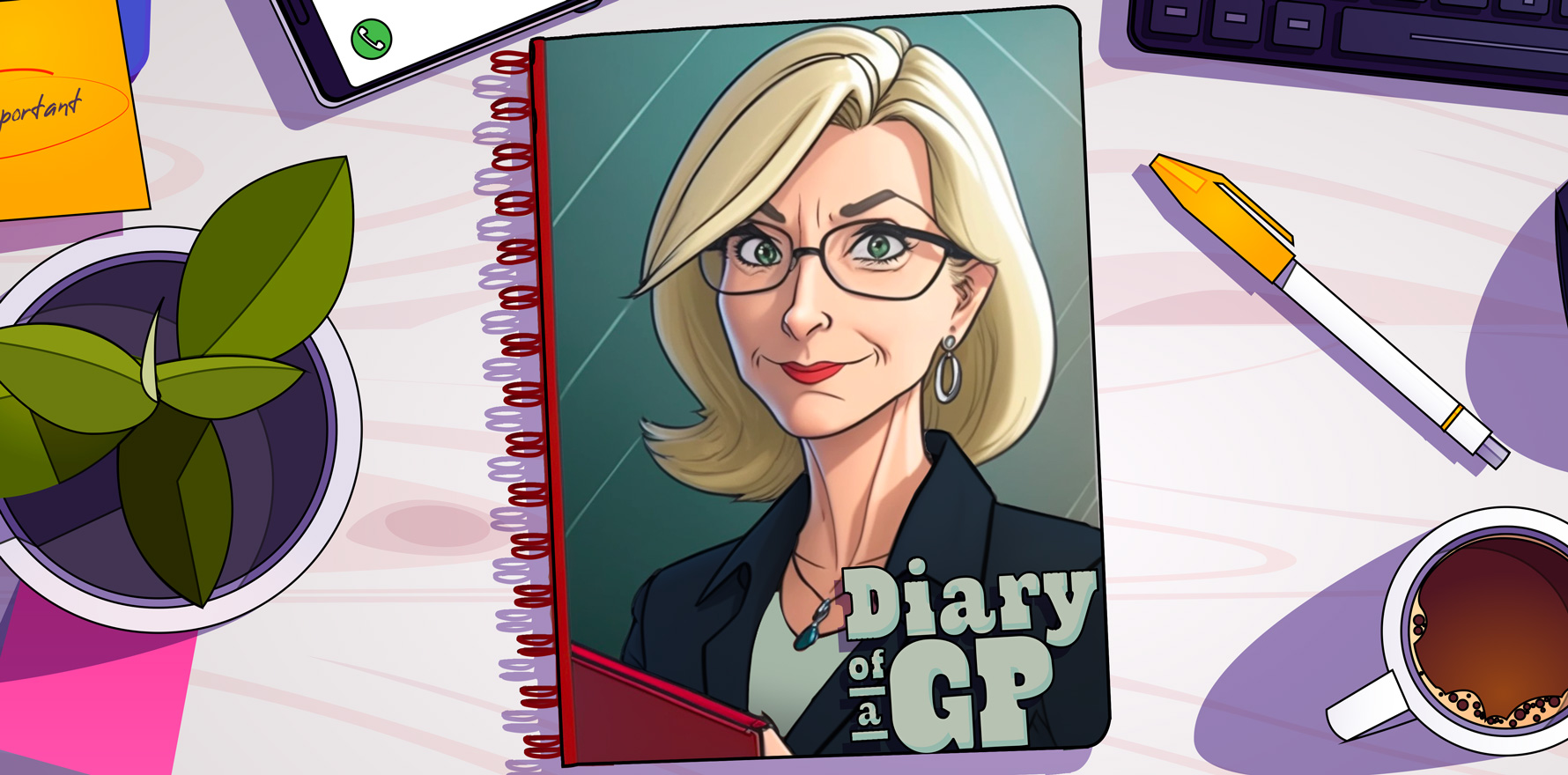Overly stringent standards may “kill the goose that lays the golden egg” and push small-scale, family-owned businesses out of the game, say GPs.
The RACGP’s new draft accreditation standards risk being “another brick in the wall for the demise of small, independently owned general practices”, says one practice management expert.
The college has released its 115-page strong draft of the sixth edition of its accreditation standards, stirring up – as is often the case – disdain among the many GPs and practice owners that will be expected to keep pace with the mounting criteria.
Speaking to The Medical Republic, deputy chair of the Australian GP Alliance Dr Mukesh Haikerwal said the draft standards seemed to have missed the point.
“There’s additional expectations – a bigger impost – and much of the impost is more about bureaucratic process and keeping various people happy, rather that better patient care or better management in the practice, I think missing the point of why [the accreditation standard] was set up in the first place,” he told TMR.
“If you make [accreditation] too difficult, too onerous and too irrelevant, then you’re going to kill the goose that lays the golden egg.
“It is so important to get a balance, and if you want to make changes, not [change] for change’s sake … [but] for a good, solid reason.”
Accreditation is the gatekeeper to funding programs like the Practice Incentives Program.
Dr Haikerwal said it was smaller, family-owned practices that would be pushed out of the running.
Practice manager Riwka Hagen, the founder of practice advisory firm Medical Business Services and admin of the 12,000-member Practice Managers Network Facebook group, agreed, adding that the standards would likely be received very differently in larger, corporate practices.
“If it was my practice, I would look at these standards and think, ‘this gives me something meatier to work with’,” she told TMR.
“It really feels like a journey towards raising the bar and doing more.
“Personally, I would welcome that, but that isn’t going to be the story for many practices.
“We know that the current standards are already highly anxiety provoking, especially for newer practice managers and newer GP practices.”
Some of the most significant changes in the new standards revolve around environmental sustainability – a push for paperless – and strategic planning – including unexpected event planning.
“The newer requirements around environmental sustainability will bring some new perspectives, also the beefed-up requirements on strategic planning will probably be a bit of a stretch goal for the practices that are now comfortable with core business and operational planning,” said Ms Hagen.
But for smaller, less-resourced practices – which can often be affected by high management turnover – the new requirements may be “overwhelming”, she said.
“We’re not all multi-site, high-flying practices.
“[The standard] favours the larger corporate practices … [but] is another brick in the wall for the demise of small, independently owned general practices, if this is how it rolls out.”
Ms Hagen added that accreditation would also act as the gateway to MyMedicare.
“Although at the moment, [MyMedicare] still has very limited real-life effects, it will have [more] soon,” she said.
“I know they’ve kicked the can down the road as far as the roll out of the chronic disease management plan changes, but that’s inherently linked to my Medicare as well.
“So, I think there are big implications that this is going to be the gateway towards ongoing funding and better remuneration.
“If you are not accredited, you’re going to get totally squeezed out of being able to operate your business.
“I think that’s a very valid concern.”
Ms Hagen said she expected “significant pushback” on a number of the new requirements.
Some of the criteria may end up beginning as “aspirational indicators” and later progress to accreditation requirements to accommodate pushback, she added.
“They’re draft standards, so we’re not quite sure what the next iteration will look like.
“I think everybody – practice managers and GPs – needs to read these standards and provide their feedback to ensure that their thoughts and perspectives are taken into consideration for the next draft edition of the six edition standards.”
The new standards also expand the definition of general practice “to include non-traditional services, such as mobile and outreach services”.
Related
But services with limited scope, like telehealth-only clinics, will remain ineligible.
Ms Hagen said the expanded definition was a “really positive move” and “recognised that general practice is not just one model of care”.
“I also agree that the exclusion of telehealth-only services is really sensible, because if telehealth-only services were able to tap into these kinds of [funding] programs… I think we would see very active encroachment on general practice space and movement away from continuous, coordinated care.”
Feedback on the standards is open until 20 October.
Roll out is expected in 2026. Practices can choose to be accredited under either the 5th or 6th edition for the year following the publication of the 6th edition.
Australian General Practice Accreditation Limited is currently running a pilot assessment of the standards which will span 30 practices.





